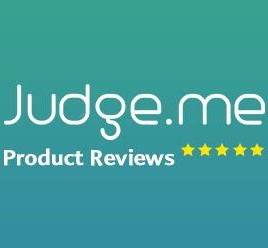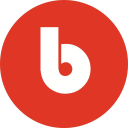On Launching My Own Gym Sneakers Brand And Getting Featured In Tons Of Media
Note: This business is no longer running. It was started in 2018 and ended in 2024. Reason for closure: Shut down.
Hello! Who are you and what business did you start?
I’m Darin Hager and I have been a footwear designer for over two decades with roles as a corporate designer, design consultant, brand owner and entrepreneur. I’ve worked for and with brands large and small including Puma, Sperry Top-Sider, Hi-Tec Sports, Reebok, Etonic, Sebago, CAT, US Army Brand, Blackhawk Tactical Group, Original SWAT, OTB Tactical, Clarks, Dunham, Category 5 Boat Shoes and since 2007, CEO of Heyday Footwear.
My designs (and myself) have been featured, profiled and interviewed hundreds of times in print and digital media including the Shopify Masters podcast, The Business of E-Commerce podcast, The Unofficial Shopify Podcast with Kurt Elster, Maxim Magazine, Playboy and on celebrities including Flo-Rida, Jay Sean, Katy Perry, Trey Songz, NFL Indianapolis Colts Wide Receiver Rob Turbin, UFC legend Tito Ortiz, WWE Hall of Fame Wrestler Billy Gunn, MMA Fighter and actor Martyn Ford, Ms. Olympia Helle Trevino, ID Magazine, The Source, MTV and VH1, Footwear News, Marvel’s Ant-Man, HBO’s True Blood, Fox’s So You Think You Can Dance, Fox’s America’s Got Talent, Hypebeast.com, Freshnessmag.com, The Boston Globe, and HighSnobiety.com. Phew!

Download the report and join our email newsletter packed with business ideas and money-making opportunities, backed by real-life case studies.

Download the report and join our email newsletter packed with business ideas and money-making opportunities, backed by real-life case studies.

Download the report and join our email newsletter packed with business ideas and money-making opportunities, backed by real-life case studies.

Download the report and join our email newsletter packed with business ideas and money-making opportunities, backed by real-life case studies.

Download the report and join our email newsletter packed with business ideas and money-making opportunities, backed by real-life case studies.

Download the report and join our email newsletter packed with business ideas and money-making opportunities, backed by real-life case studies.

Download the report and join our email newsletter packed with business ideas and money-making opportunities, backed by real-life case studies.

Download the report and join our email newsletter packed with business ideas and money-making opportunities, backed by real-life case studies.





















